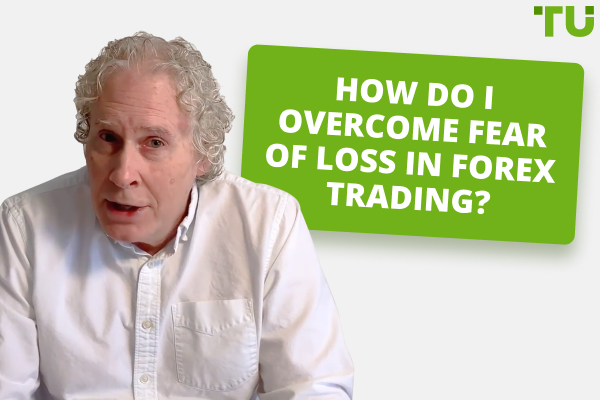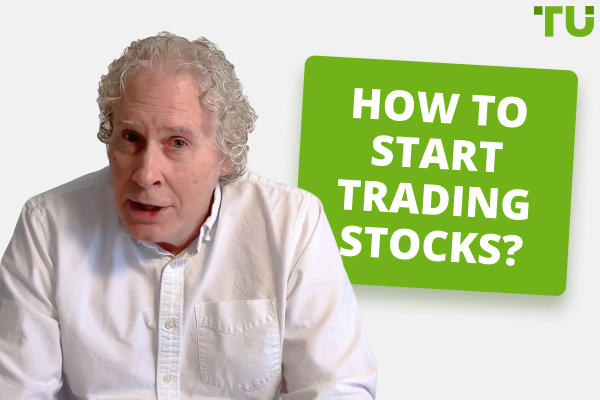Tips for Managing Emotions in Forex Trading
To control emotions in Forex trading, develop a plan, stick to it, practice patience, manage risk, monitor emotions, learn from mistakes, set realistic expectations, and seek support.
How do I control my emotions in Forex trading?
Forex trading can be emotionally taxing, especially during volatile market conditions. Controlling emotions is crucial for making rational decisions and avoiding impulsive actions that can lead to losses. Here are some practical tips to help you maintain emotional stability while trading Forex:
Develop a trading plan: before entering any trade, have a clear plan outlining your entry and exit points, as well as risk management strategies. Knowing what to do in different scenarios can reduce anxiety and prevent emotional decision-making.
Stick to your strategy: once you've established a trading plan, stick to it religiously. Avoid deviating from your strategy based on fear or greed. Consistency breeds discipline, which is essential for long-term success in Forex trading.
Practice patience: Forex markets can be unpredictable, and it's normal to experience periods of drawdown or stagnation. Practice patience and avoid the temptation to chase quick profits. Keep in mind, achieving success in trading requires endurance rather than speed.
Manage risk effectively: use stop-loss orders and position sizing techniques to manage risk on every trade. Acknowledge that losses are unavoidable and inherent to the trading journey. By limiting potential losses, you'll feel more in control of your emotions.
Keep tabs on your emotions: maintain mindfulness of your emotional state while trading. If you feel overwhelmed or anxious, take a step back and reassess your mindset. Consider implementing relaxation techniques such as deep breathing or meditation to stay calm and focused.
Learn from mistakes: embrace losses as learning opportunities rather than failures. Analyze your trades objectively and identify areas for improvement. By learning from mistakes, you'll become a more resilient and adaptive trader.
Set realistic expectations: understand that Forex trading is not a get-rich-quick scheme. Set realistic goals and acknowledge that consistent profitability takes time and effort. Unrealistic expectations can lead to frustration and emotional instability.
Find assistance: immerse yourself in a supportive network of traders who can provide guidance and motivation. Sharing experiences and insights with like-minded individuals can help alleviate feelings of isolation and anxiety.
By implementing these strategies and maintaining discipline, you can effectively control your emotions and improve your performance in Forex trading.
Crafted with expertise by Johnathan Maverick, a seasoned financial journalist and editor at Traders Union, this article provides valuable insights for traders seeking to navigate the emotional challenges of the Forex markets.
Financial Markets Expert
Glossary for novice traders
-
1
Forex Trading
Forex trading, short for foreign exchange trading, is the practice of buying and selling currencies in the global foreign exchange market with the aim of profiting from fluctuations in exchange rates. Traders speculate on whether one currency will rise or fall in value relative to another currency and make trading decisions accordingly.
-
2
Trading
Trading involves the act of buying and selling financial assets like stocks, currencies, or commodities with the intention of profiting from market price fluctuations. Traders employ various strategies, analysis techniques, and risk management practices to make informed decisions and optimize their chances of success in the financial markets.
-
3
Index
Index in trading is the measure of the performance of a group of stocks, which can include the assets and securities in it.
-
4
Risk Management
Risk management is a risk management model that involves controlling potential losses while maximizing profits. The main risk management tools are stop loss, take profit, calculation of position volume taking into account leverage and pip value.
Team that worked on the article
Johnathan M. is a U.S.-based writer and investor, a contributor to the Traders Union website. His two primary areas of expertise include finance and investing (specifically, forex and commodity trading) and religion/spirituality/meditation.
His experience includes writing articles for Investopedia.com, being the head writer for the Steve Pomeranz Show, a personal finance radio program on NPR. Johnathan is also an active currency (forex) trader, with over 20 years of investing experience.







